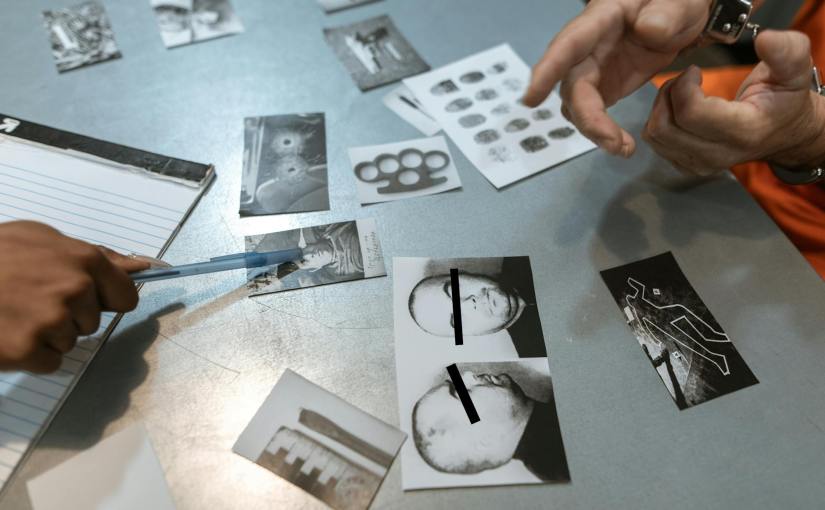I am sure we are able from time to time to make bold claims about ourselves, after all, we all like to make a good impression and give a good account of ourselves, don’t we? For example, this might happen if we go for a job interview. However, there is a world of difference between a bold claim that stems from a positive and healthy self-image and an utterly preposterous claim that stems from vanity and ego. If someone is seeking to puff themselves up and makes exaggerated claims, I usually tend to ask for evidence and testimony. That evidence can come in many different forms. It might be testimony from people who know us well, a reference much as we might consider when someone applies for a job, it might be the fruit of our labours and accomplishments we’ve achieved. Sometimes though, you encounter people where the evidence simply doesn’t stack up.
Looking back to Jesus’ day, according to Jewish law, truth or validity had to be established by two or three witnesses (Deuteronomy 17:6; 19:15). Jesus’ witness and testimony about himself could not alone validate his claims, even though they were true. For the Jewish leaders, he additionally needed the witness of another. Jesus was known by his words, his deeds, the testimony of many including John the Baptist, and a testimony that was even weightier than that of John. John the Baptist was one witness, but the one to whom Jesus was referring here is his Heavenly Father (see 5:36). The key point is that the whole of Jesus’ being and doing testify to the one who had sent him. In addition, this was supported by the whole of the Hebrew Scriptures. Jesus said, “You study the Scriptures diligently because you think that in them you possess eternal life. These are the very Scriptures that testify about me, yet you refuse to come to me to have life.” The implication here is that to refuse to come to Jesus is to reject life itself because Christ is the giver of eternal life (1:4; 5:25; 14:6).
The Father gave direct witness to his Son Jesus at his baptism (Matthew 3:16–17), on the Mount of Transfiguration (Matthew 17:5), before his crucifixion (12:28), and in his resurrection (Romans 1:3–4); indirect witness came through Jesus’ works (see 3:2). To recognise Jesus is to realise his divine origin and commission. So, to believe in Jesus is to believe in the one who sent him; to reject the sent one is to reject the sender, God. This begs the question, what more evidence do we need? An equivalent analogy would be if we saw a doctor who had the only cure for our fatal disease and was offering it for free, but we decided to try every home remedy and self-help program we could find instead of accepting the cure that the doctor was offering.
We have been presented with the problem of sin and the brokenness of this world. God repeatedly offers us the solution. God sent the patriarchs, and the people didn’t believe. God sent the judges, and the people didn’t believe. God sent the prophets, and the people didn’t believe. Moses had written about Christ, but since they did not believe in Christ when he came, they did not really believe in the writings of Moses. This was Jesus’ final condemnation.
2 Chronicles 24:19 states, “…the Lord sent prophets to the people to bring them back to him, and though they testified against them, they would not listen.” God sent himself and they still didn’t believe. 2 Corinthians 4:4 states, “The god of this age has blinded the minds of unbelievers, so that they cannot see the light of the gospel that displays the glory of Christ, who is the image of God.”
For me, central to all of this is the need for us to know Jesus personally. He is our friend, our brother, our Lord, our Saviour, and our Redeemer. With Jesus there is that invitation that demands a response, evidence that demands a verdict. Do we believe? Does that belief affect our being and our doing? Wisdom comes from making the right choice with all our being and not a response borne out of empty religious observance, with us merely ‘going through the motions’.
In our house group, we are currently working through a course called Discipleship Explored. It has taken us into some deep places and at times has been challenging. Discipleship is not a game. It is the stuff of life and a life worth living in which we seek to be authentic and express genuine belief in Christ. There is no one better to follow than Christ. So may God give us ears to hear, a mind to understand, a heart to receive, and a spirit to embrace his truth in all fullness. Amen
